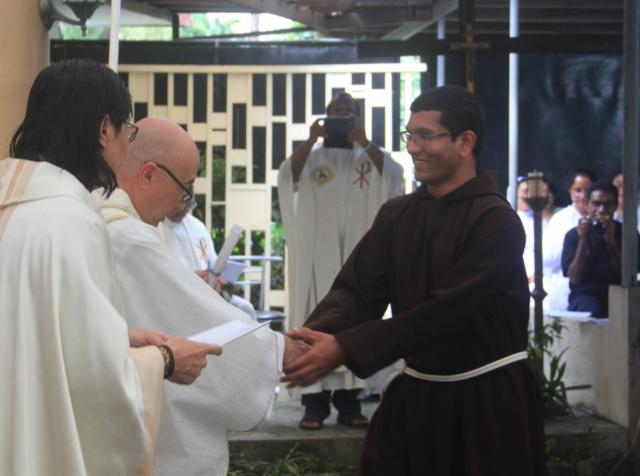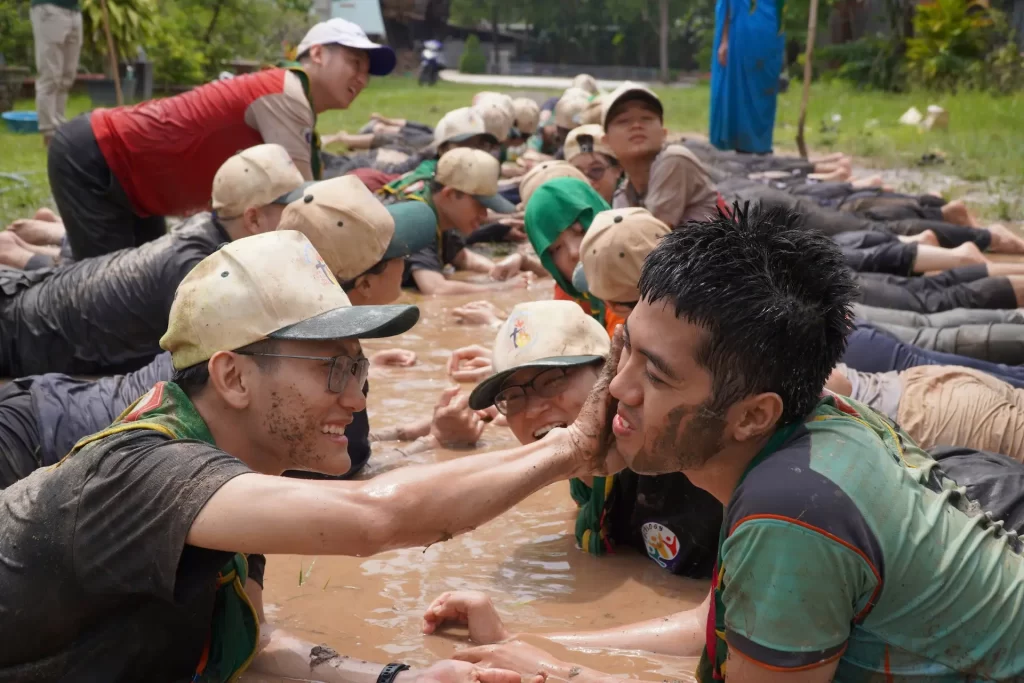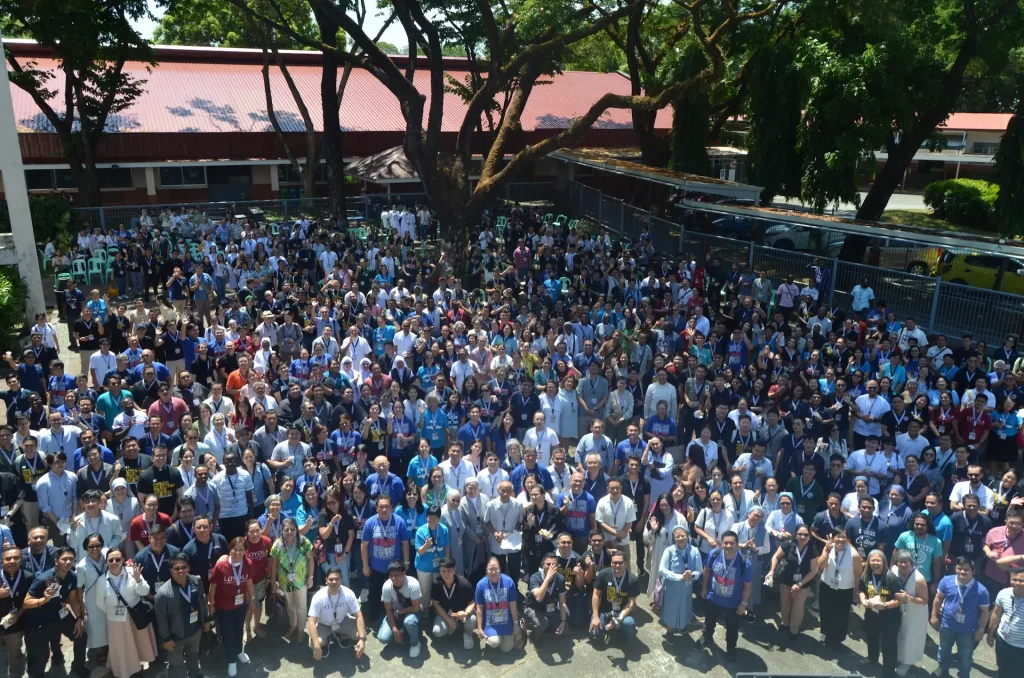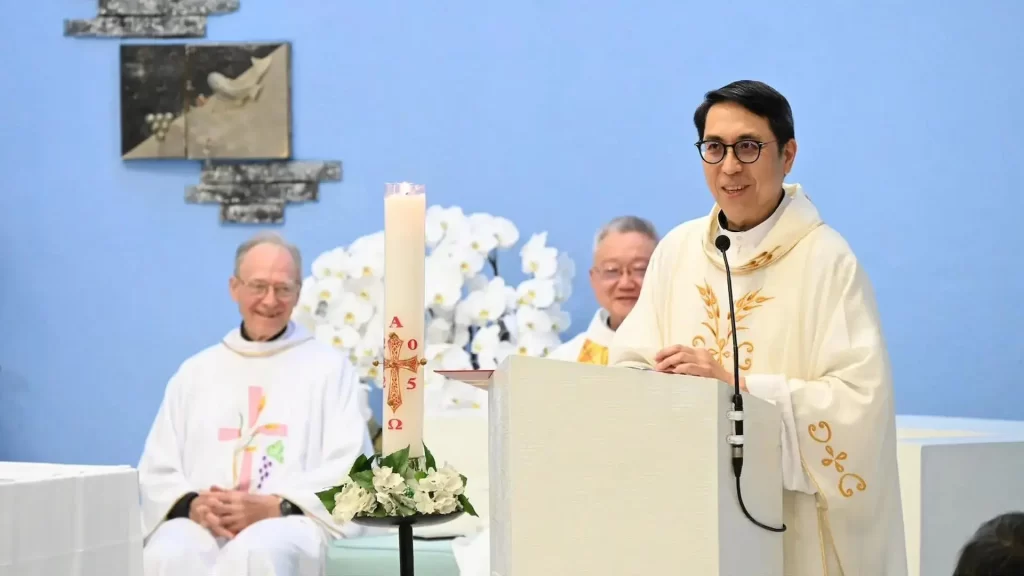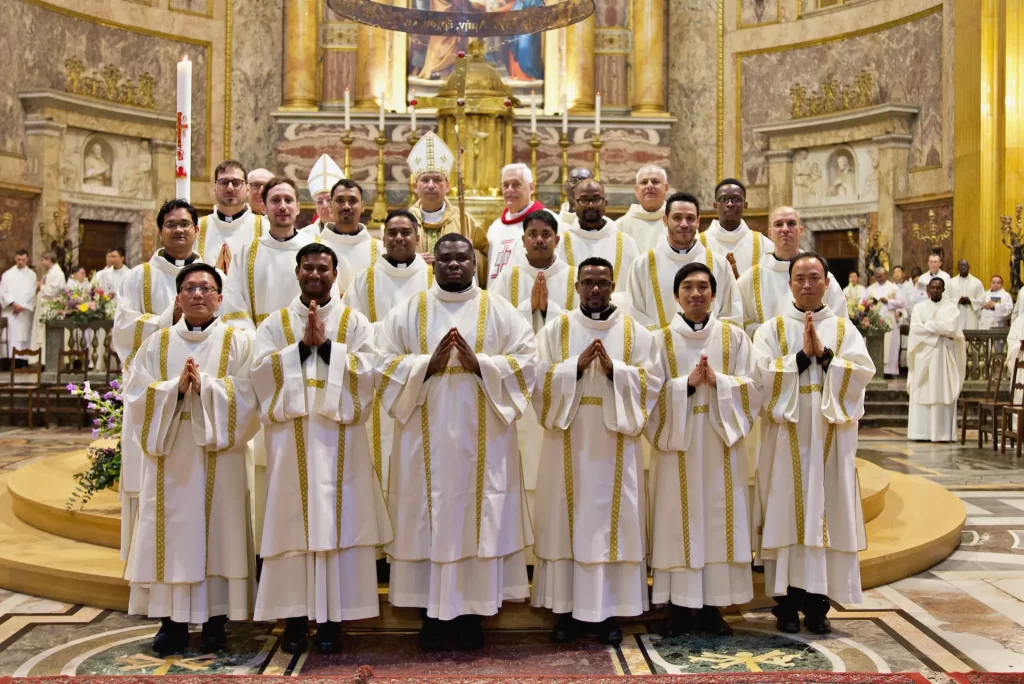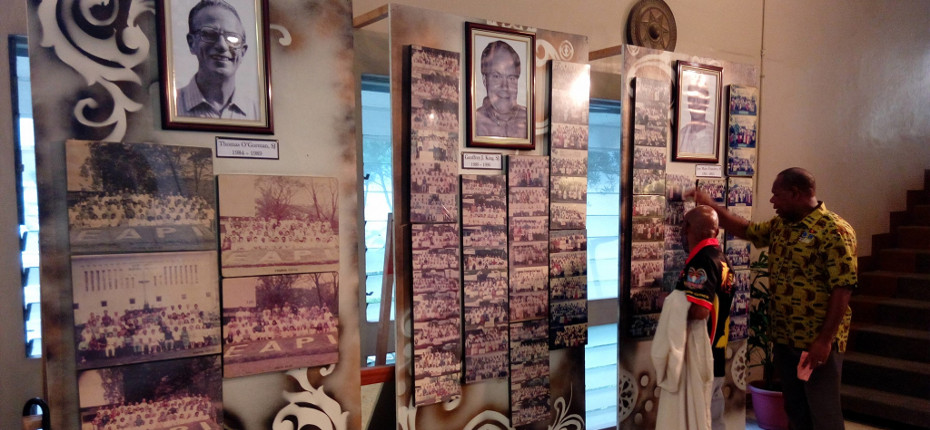
“We have accomplished this in unique ways, especially with the participatory multicultural community living,” said EAPI Director Fr Arthur Leger SJ.
EAPI’s multicultural residential environment is a unique feature of the institute. Priests and sisters, lay men and women from different nations in Asia Pacific and even Africa are formed together for mission during the months they live and study at EAPI. For many participants, this is the first time they have crossed the borders of gender, culture, race and spirituality.
With successful programmes in place, the team began in recent years to explore ways of helping their participants with their personal discernment.
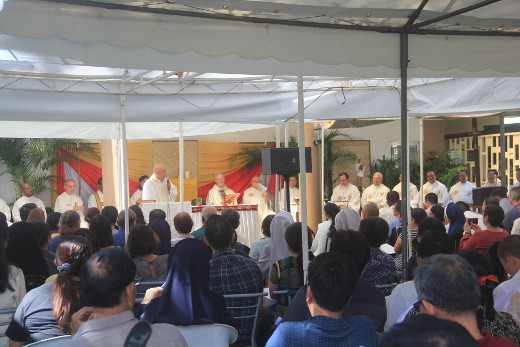
In the past three years, this mandate has been taken seriously and resulted in a conscious deepening of the participants’ spiritual life.
“This is one area that will definitely be included in the new directions. The participants will be able to experience the Ignatian retreats and be formed in the art of discernment,” shared Fr Leger.
One direction that was highlighted during the year was the need for EAPI to conduct its signature programmes in actual contexts. This means further enhancing and promoting the institute’s extension programmes to effect change in local churches through long term commitment to leadership formation, planning and changes to the attitudes of priests.
“Lay leadership is seriously under-developed in the clerical culture prevalent in Asia Pacific. To correct this, lay leaders should be empowered with theological formation and pastoral skills. This is surely a challenge that EAPI wishes to address,” said Jesuit Conference of Asia Pacific President Fr Mark Raper SJ in his talk during the closing of EAPI’s anniversary celebration. “Since it is difficult for many lay leaders to leave their families for the length of time demanded by residential programmes, we see that much can be achieved through the extension programmes, where an EAPI team works with local experts to deliver quality formation, for example, for catechists,” he said.
Fr Leger also noted that EAPI will have to move into the world of Information Technology, and begin exploring the possibility of offering online courses.
“This will enable persons, especially the lay, to avail of the programs while not being burdened by having to move away from their families,” said Fr Leger who added that this would mean introducing a pedagogy that respects adult learning and complements it with the use of technology.
In mapping out the future of EAPI, Fr Leger explained, “When we scan the ocean beyond the reef, we might be overwhelmed with the waves and the currents, but we have a well-tested map with a clear mission: to continue the mission of Jesus but now with the art of discernment, skills in using the Internet and expertise in new adult pedagogy.”
Related stories:
50 years of providing pastoral programmes in the spirit of Vatican II
A renewed vitality and commitment

